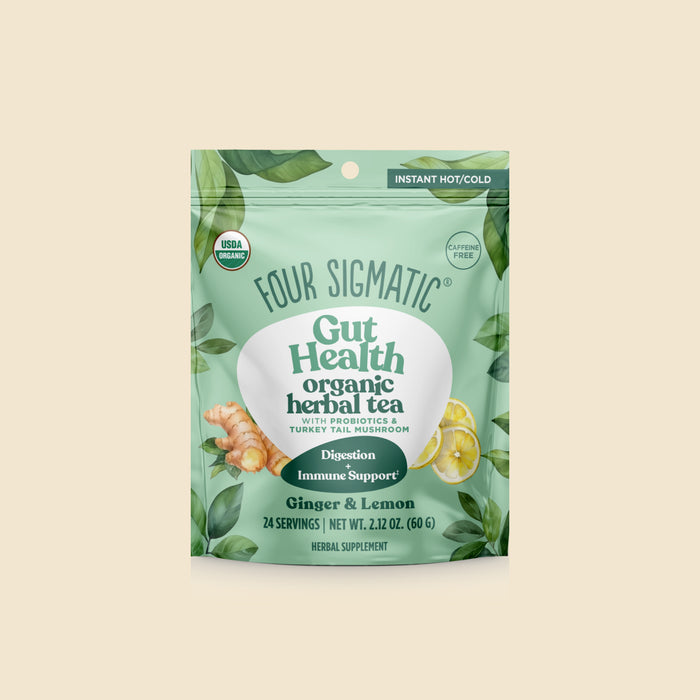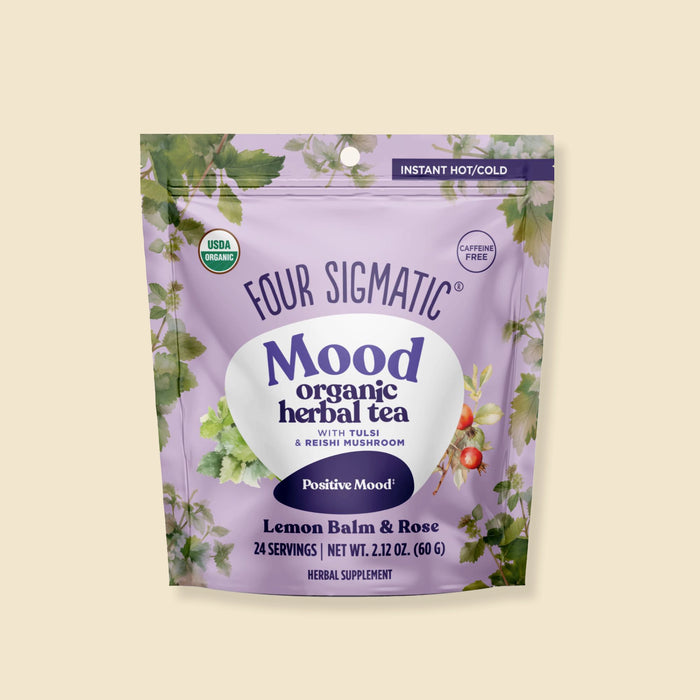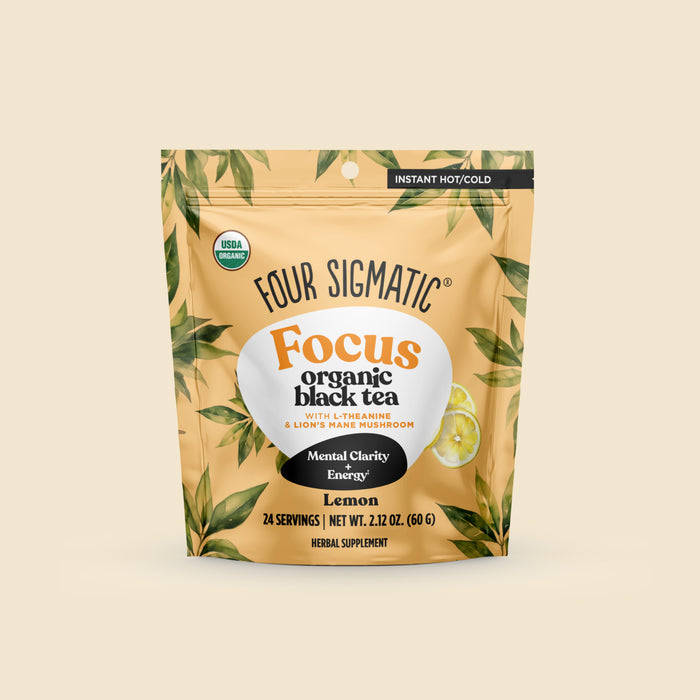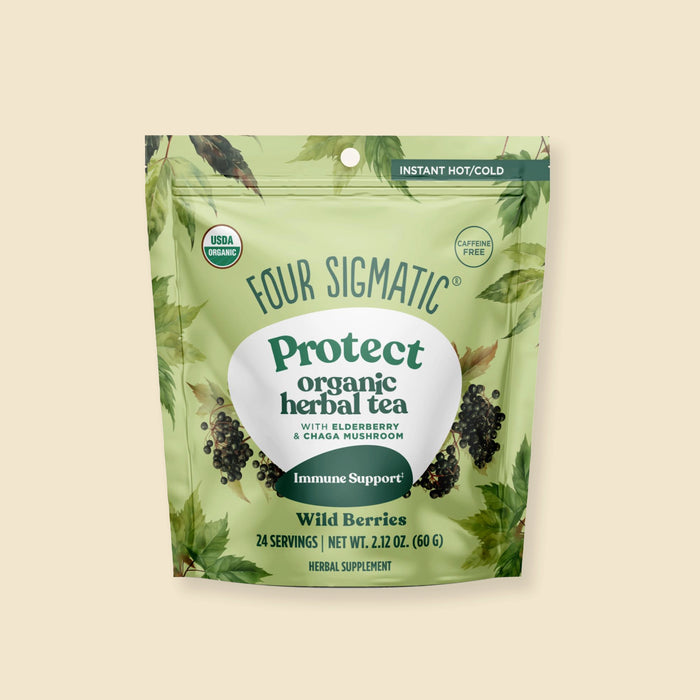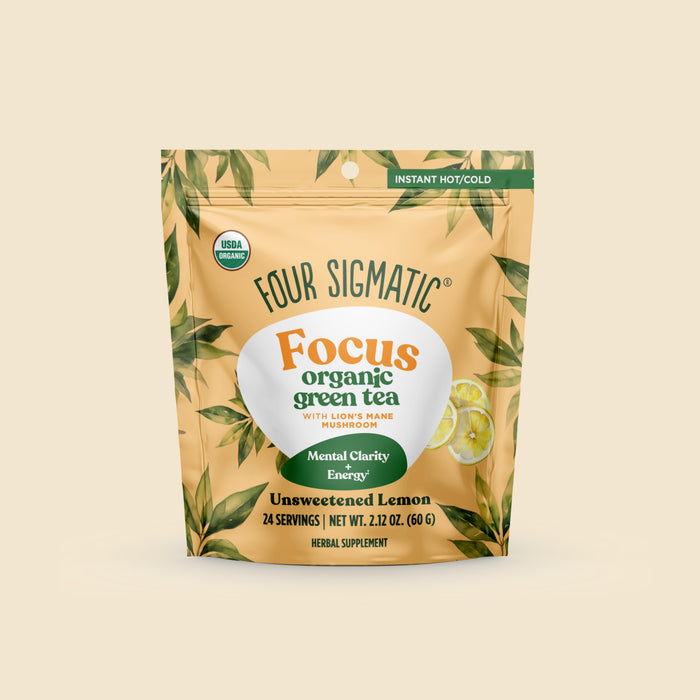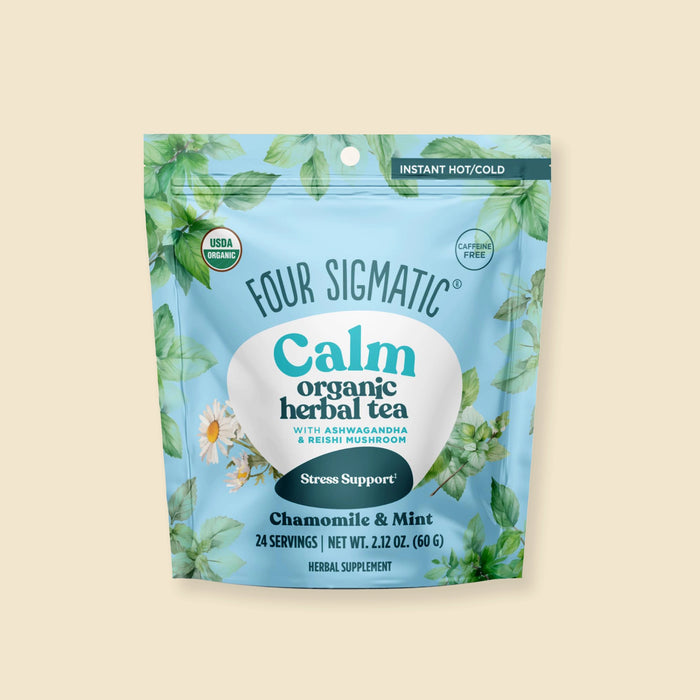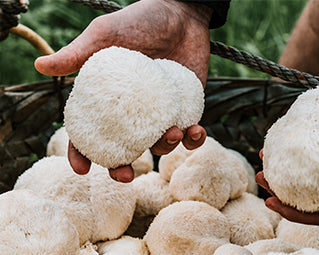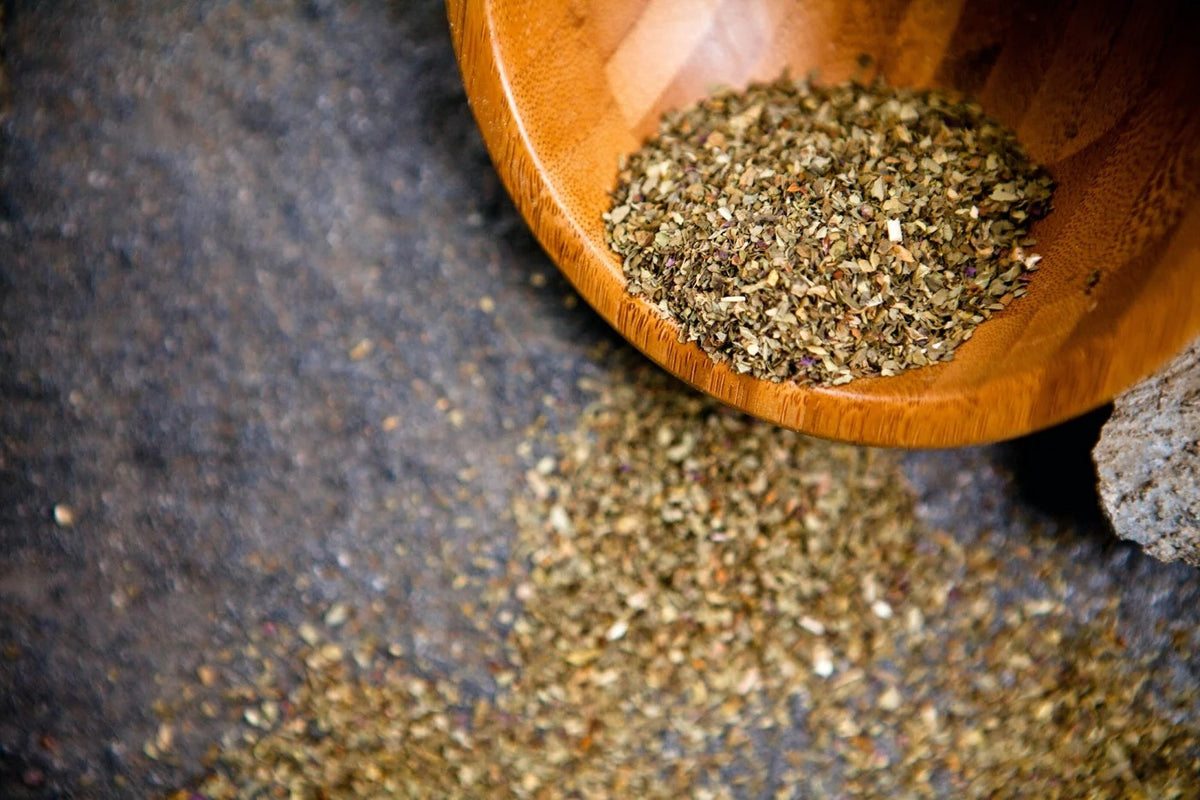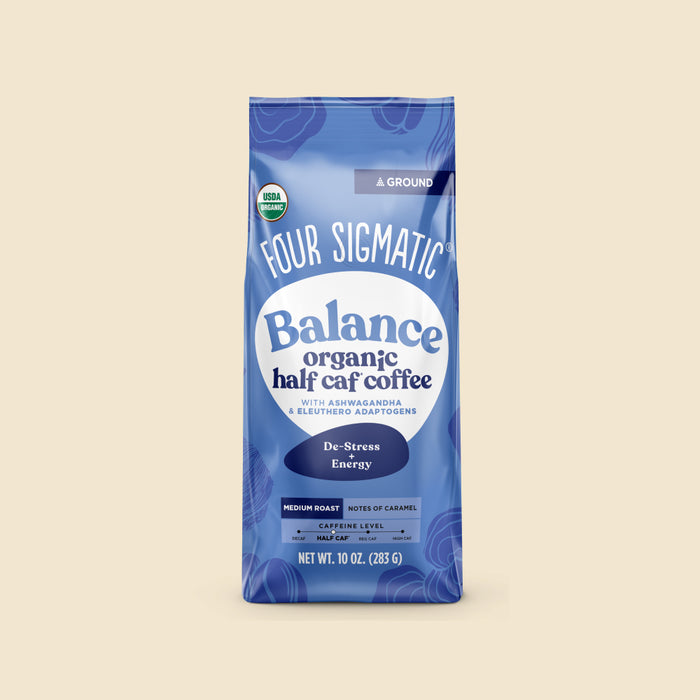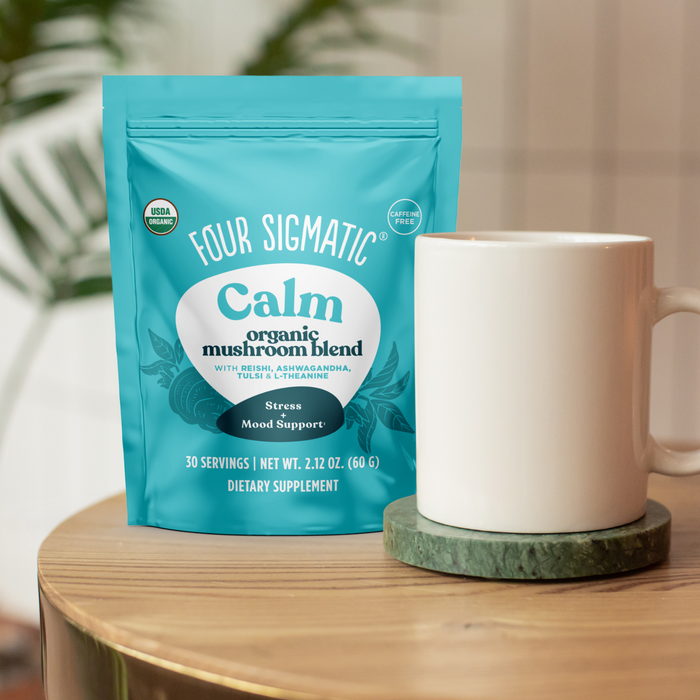Will you ever adapt to how much I love talking about adaptogens? I certainly hope so! Since we re-launched Adaptogen Coffee, I’ve been getting more questions about the three super herbs in it (Tulsi, Eleuthero, and Ashwagandha).
Today we’re going to focus on Tulsi, or “holy basil.” While it is related to sweet culinary basil and looks like purple basil, holy basil is actually an adaptogen with health benefits.
An herb by any other name
Tulsi means “matchless.” It got the name “holy basil” because in Hinduism, this sacred plant was very important to the goddess Lakshmi, and gods Vishnu and Krishna. For over 3,000 years it has been planted around temples and courtyards in India. There is a Tulsi plant in almost every Indian household, and every part of the plant is used. The stem is even used to make mala beads[*]. If Reishi is the Queen of Mushrooms, Tulsi is the Queen of Herbs. Tulsi is widely recognized as one of the most powerful adaptogens in Ayurveda. You may have also seen it called by its scientific name Ocimum tenuiflorum or Ocimum sanctum.
Wait, what’s an adaptogen again?From the beauty industry to supplement aisles, from podcasts to Instagram ads, you've probably seen the word “adaptogen” thrown about willy-nilly.While we’re just now seeing them pop up in the USA, adaptogens have been used for thousands of years by cultures from around the globe. Both Eastern and Western medicine agree that adaptogens may help with stress, energy, and sleep, and are totally safe in the long term. There’s not a lot both of those medicine systems agree on, so let’s run with this!
Adaptogens are:
-
Safe
-
Non-toxic
-
Non-habit forming
-
Non-specific
Rather than serve a single purpose, an adaptogen will (ahem) adapt its healing properties to whatever your body needs right now to restore balance.
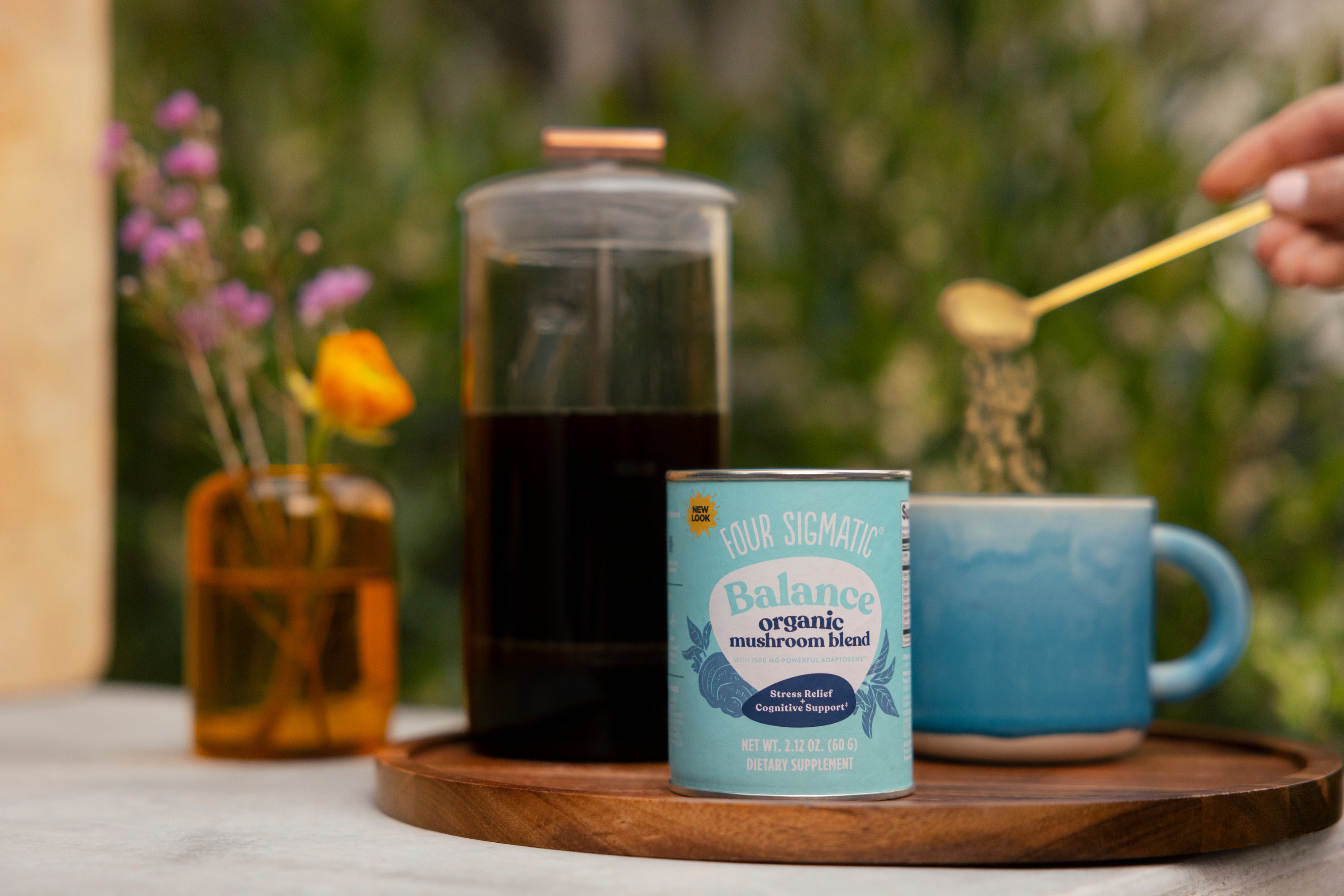
Holy adaptogen power!
Back to Tulsi: Traditionally, it is used as a tonic to invigorate and improve vitality.As an adaptogen, Tulsi helps the body defend against — and adapt to — a variety of stressors. Yet what makes Tulsi so unique is that it seems to be especially effective as an anti-stress in helping the body defend against everyday occasional stress, from pollutants to psychological stress [*].Holy hair, skin, and nails!You’ll probably notice Tulsi’s affects first in your skin, hair, and nails[*]. Tulsi is loaded with antioxidant properties which help overall well-being, and give you a glow[*].Ayurvedic uses of TulsiTulsi leaves are traditionally used in Ayurveda to help:
-
Support digestion
-
Increase energy[*]
Where to find TulsiYes, holy basil leaves are used as an ingredient in Thai cooking and add amazing flavor to some stir-fries. Fresh Tulsi has a peppery, slightly astringent flavor. This is not the same as Thai basil leaves, and won’t give you the amount needed for nutritional benefits.While Tulsi can also be an essential oil, you can most commonly get Tulsi as a supplement or a tea. It tastes a bit bitter (as all the best things do). You might call a Tulsi tea “yoga in a cup.” (Ommm nom nom.) It is commonly consumed in India every morning and every evening, just as the Tulsi leaves, or as a tea[*].
So cozy up with a mug of Tulsi tea to adapt to what this winter throws your way!
 Coffees
Coffees




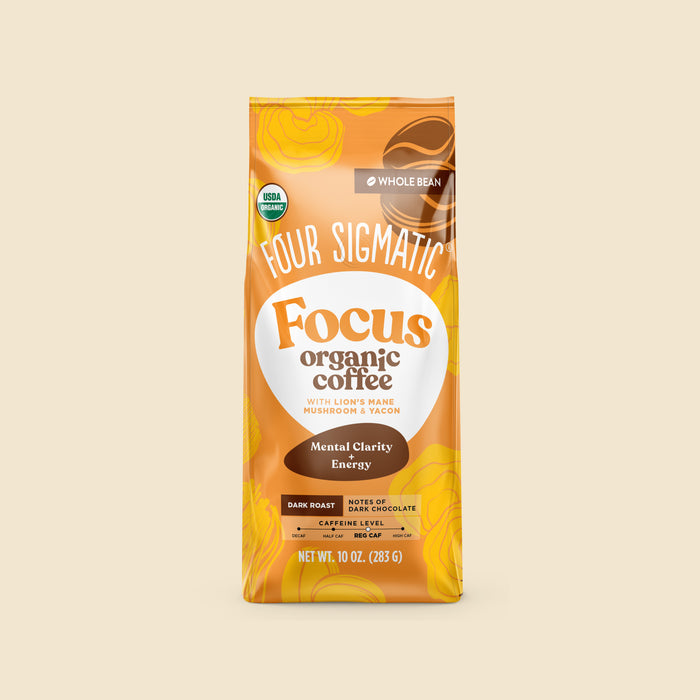



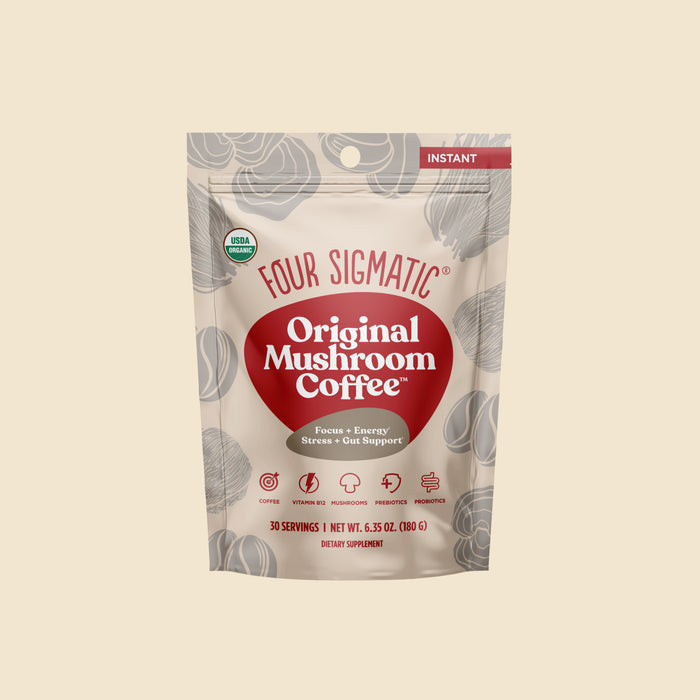
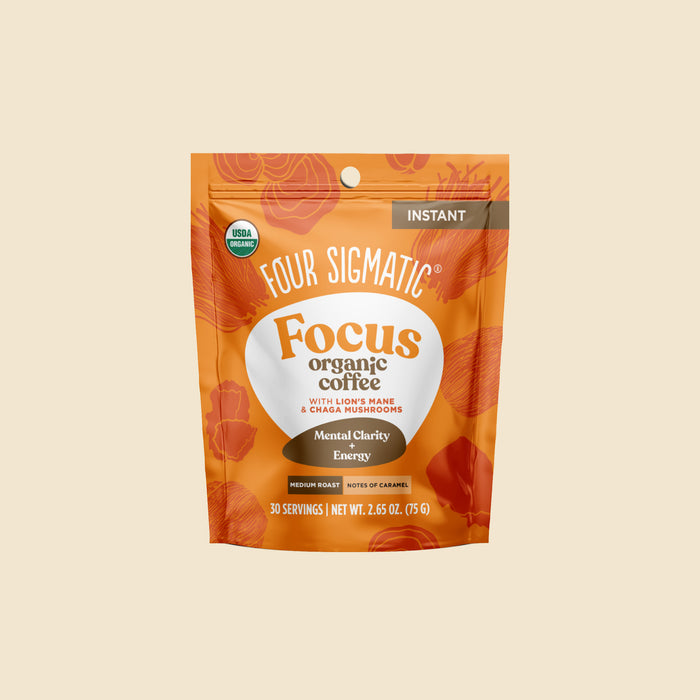
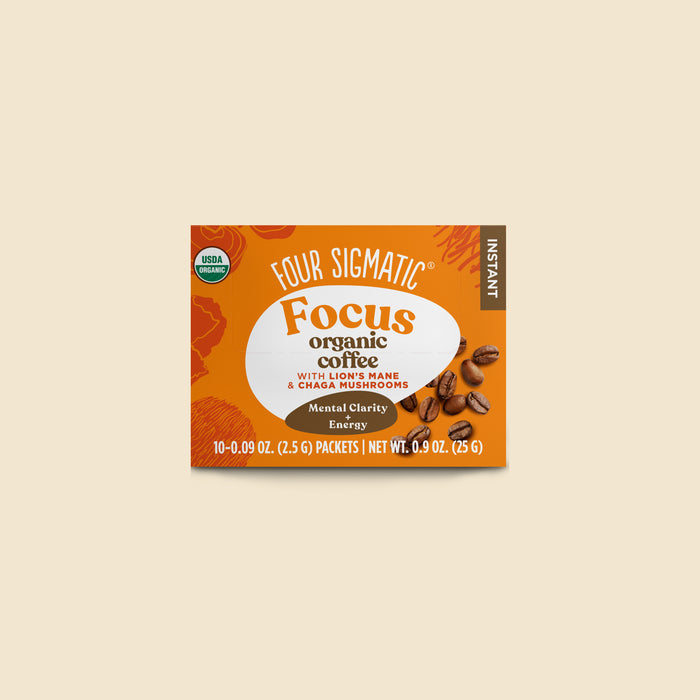

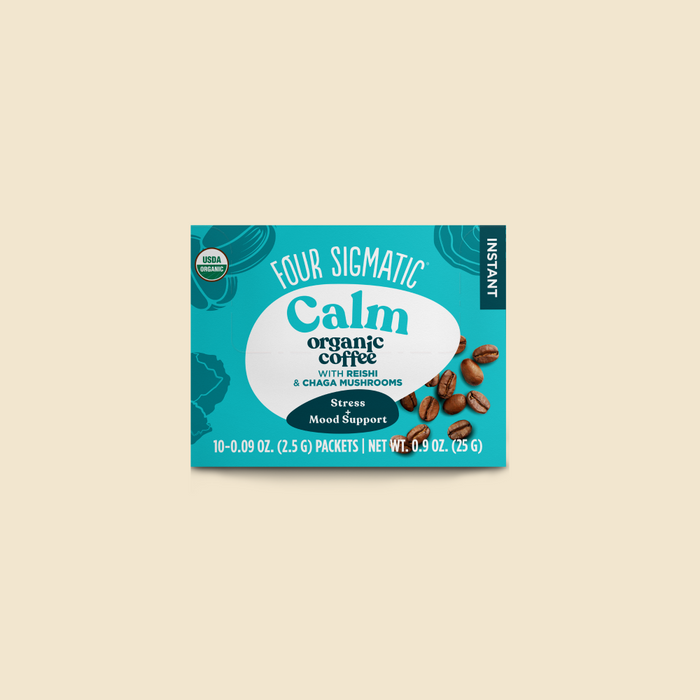
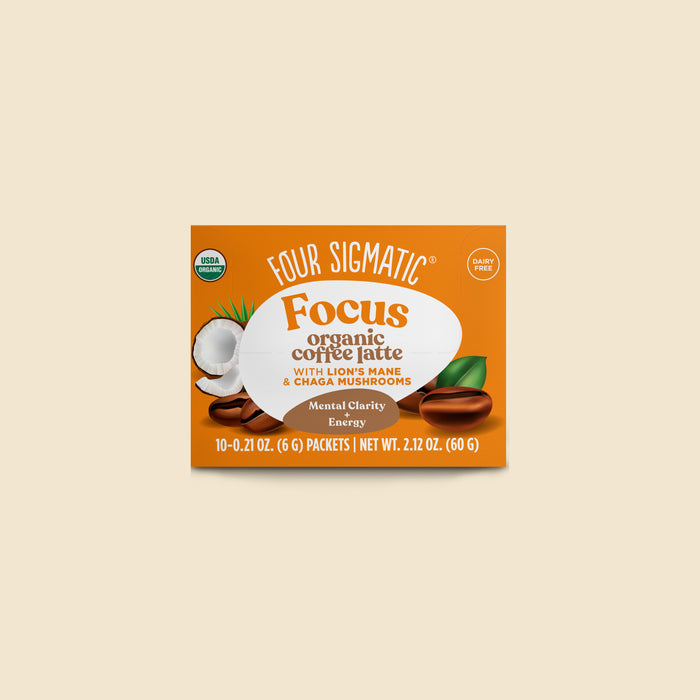


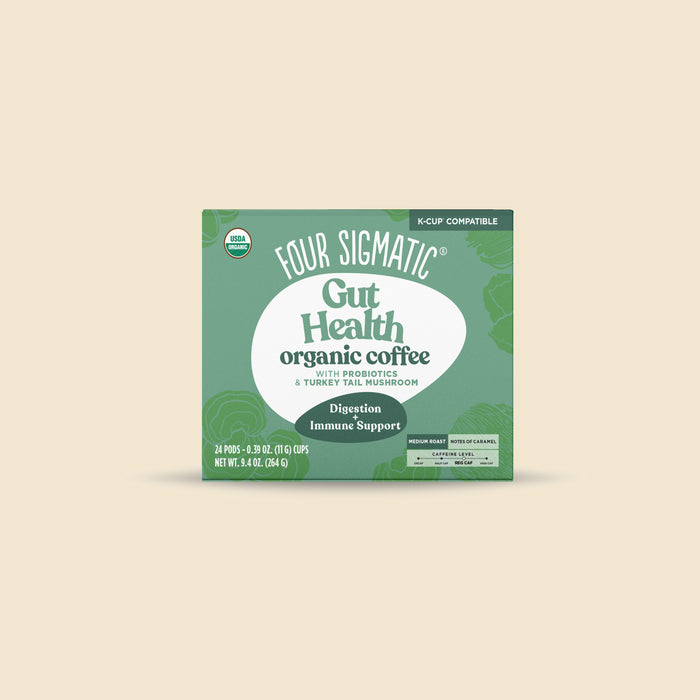
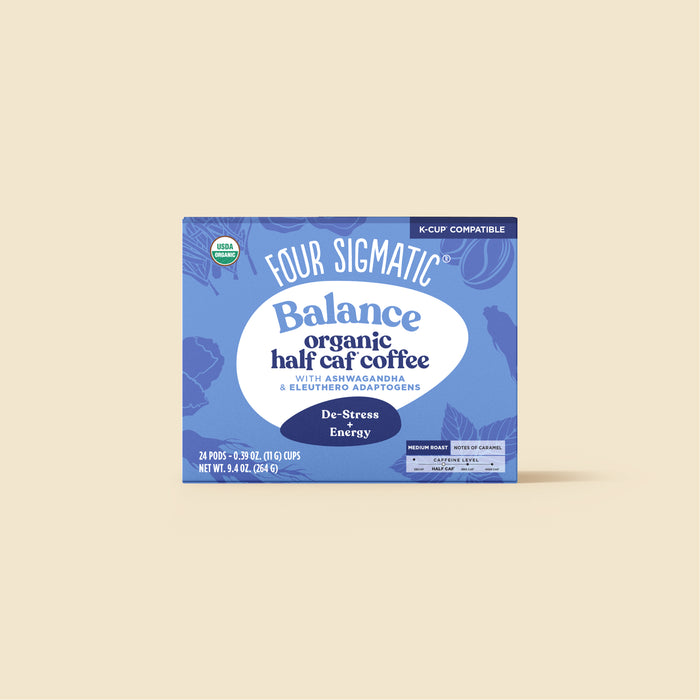

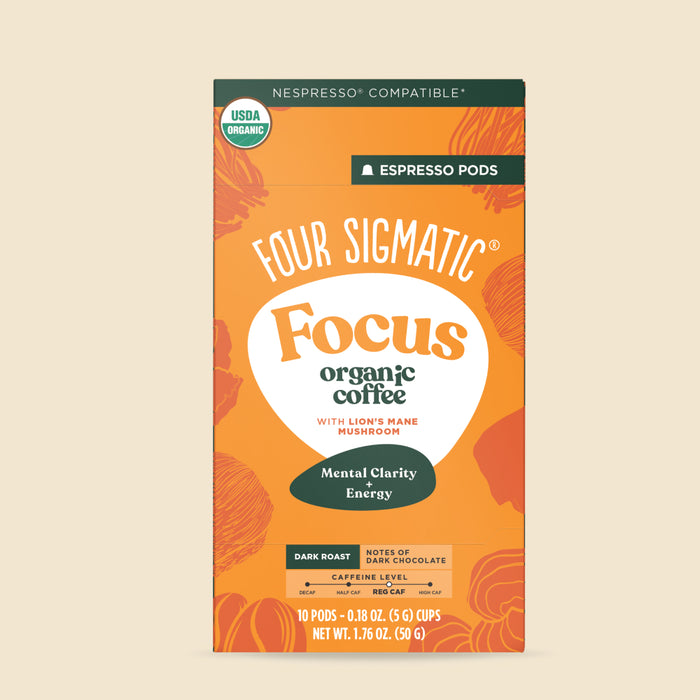
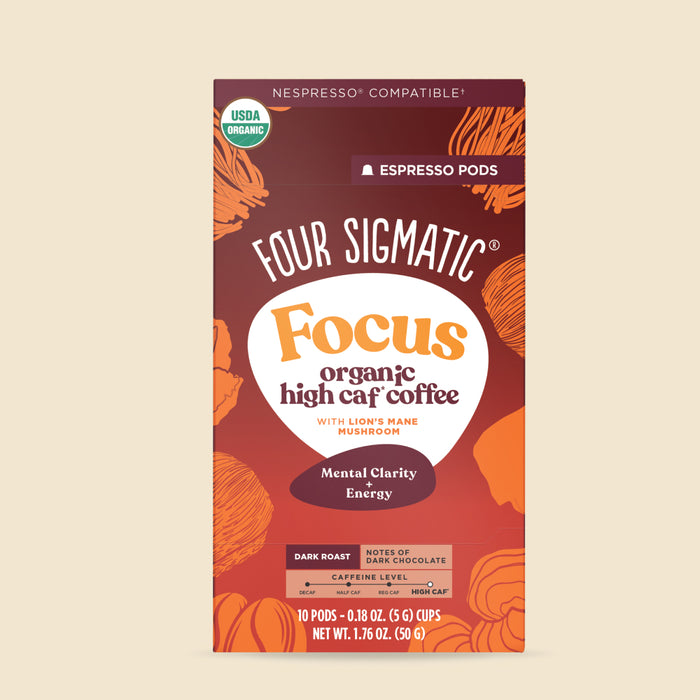
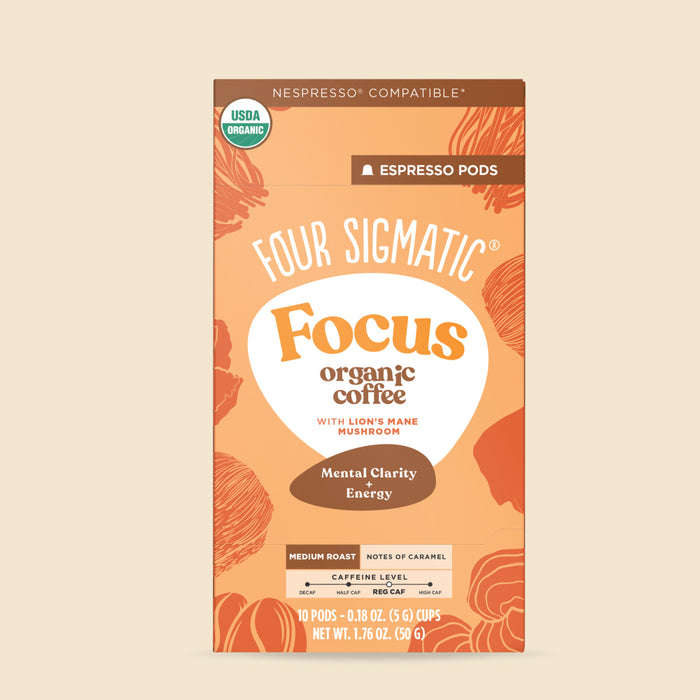

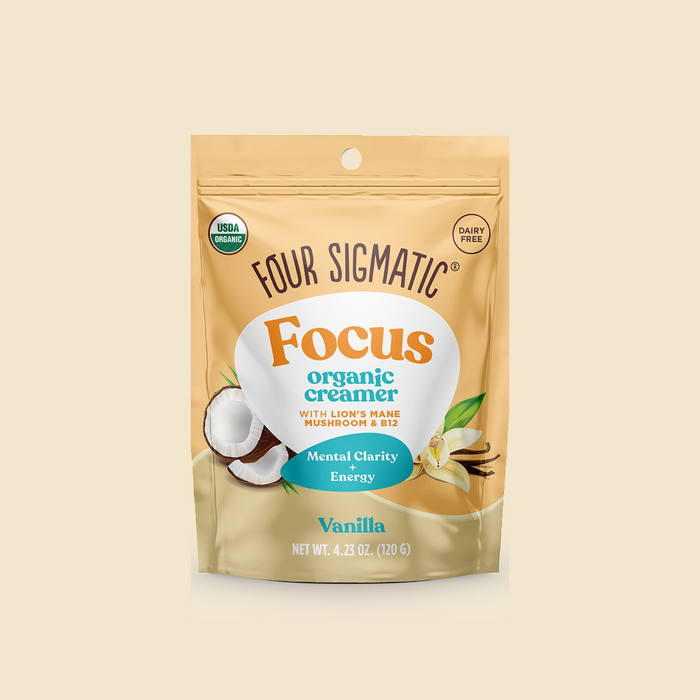

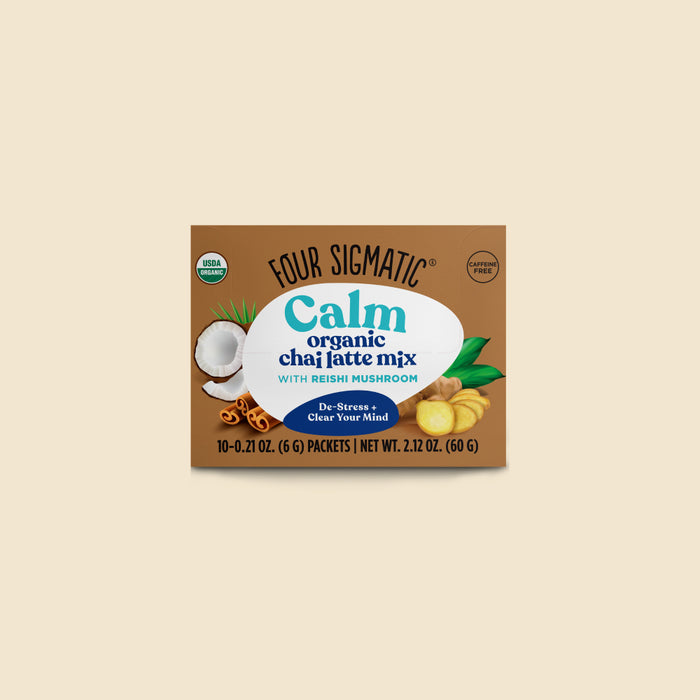
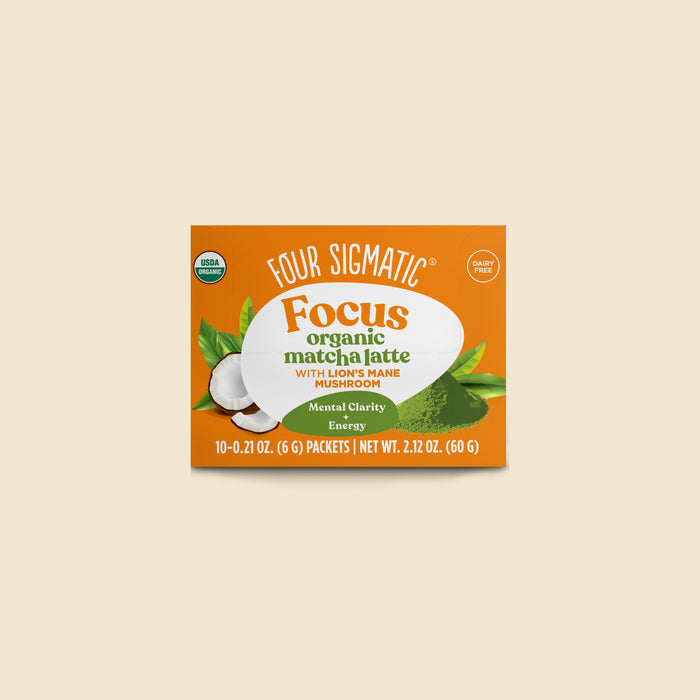
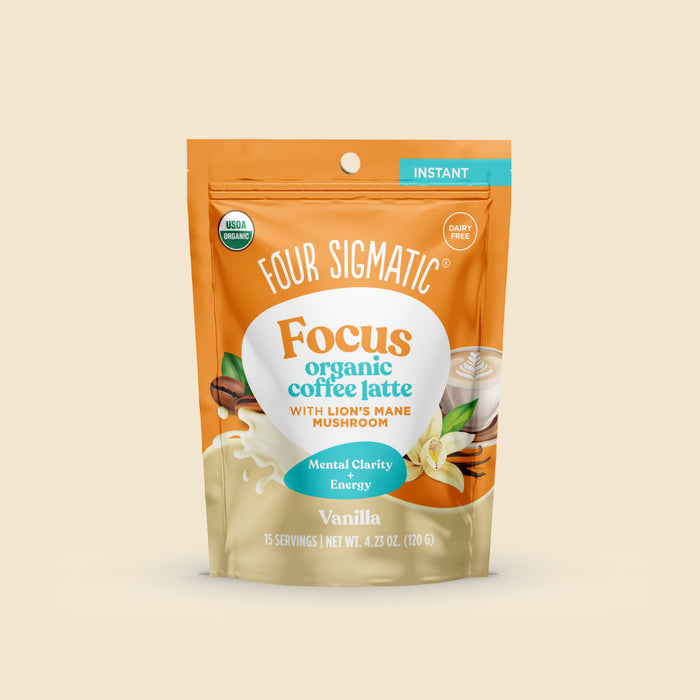
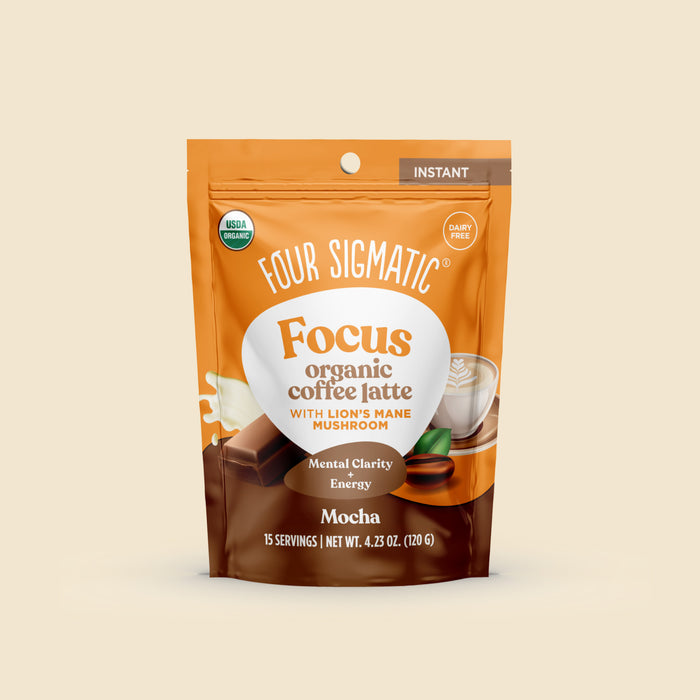
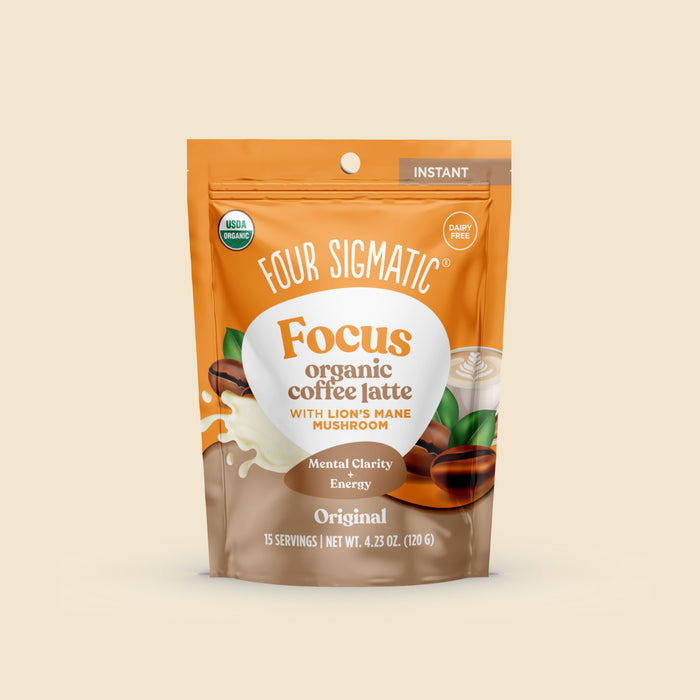
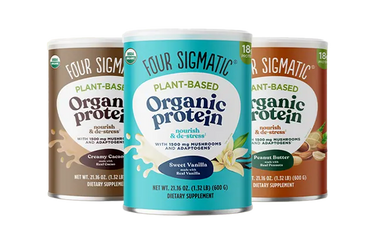 Proteins
Proteins
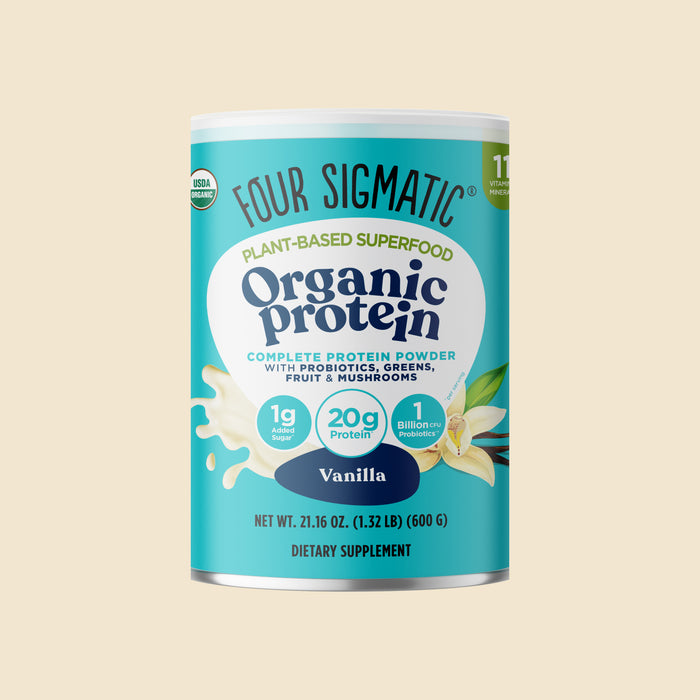
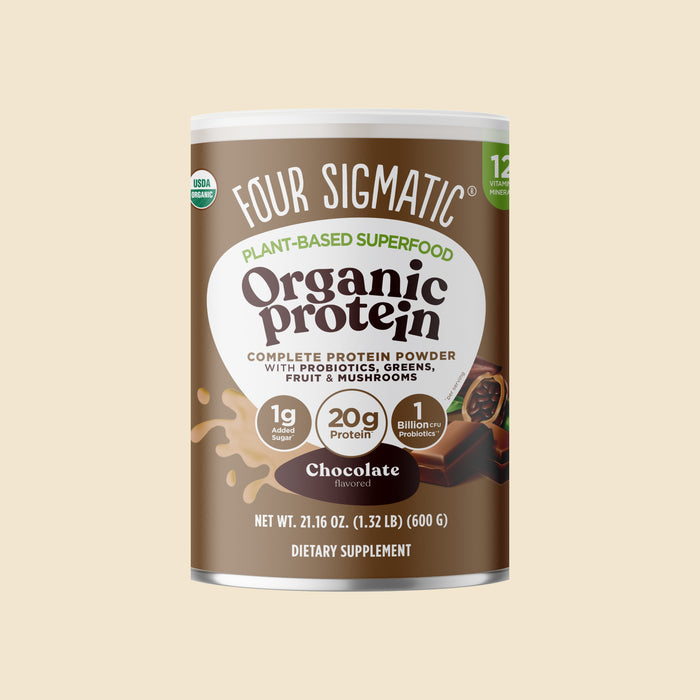
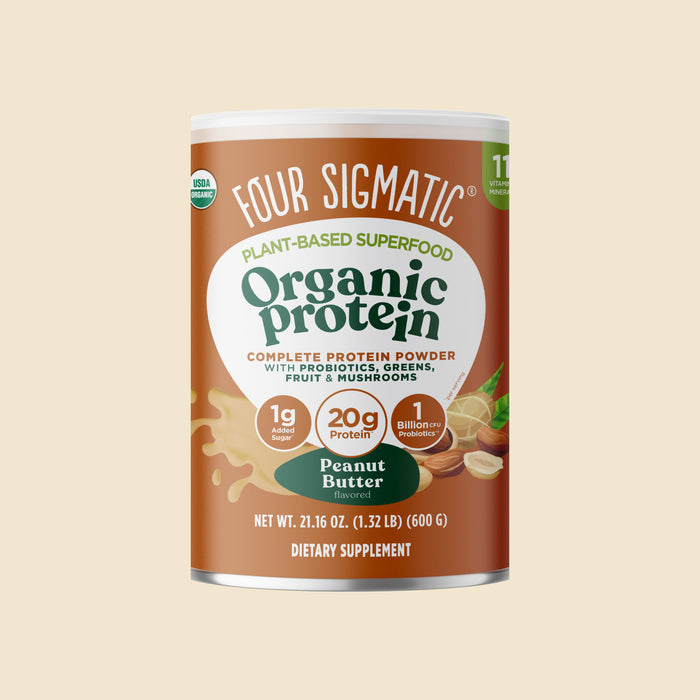
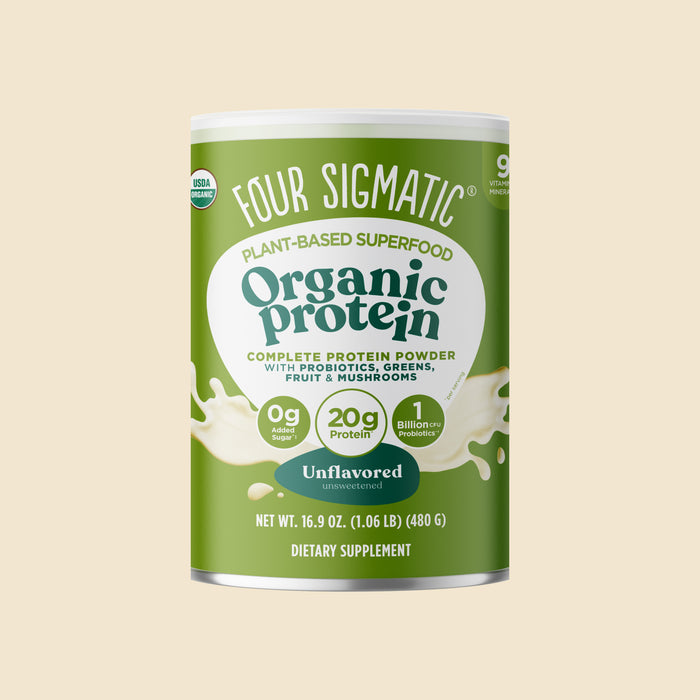
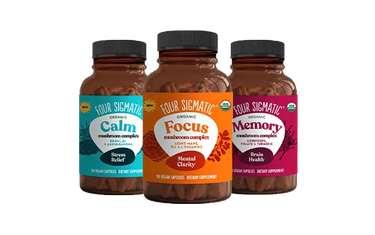 Supplements
Supplements
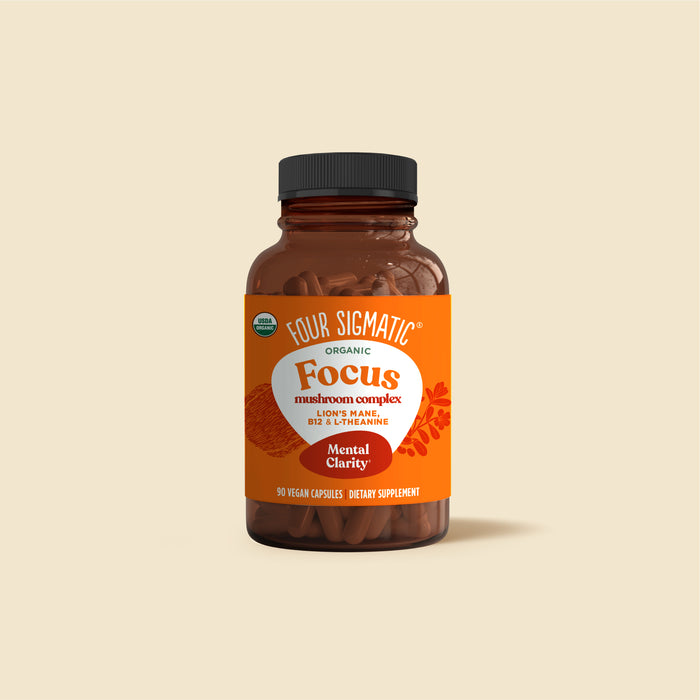

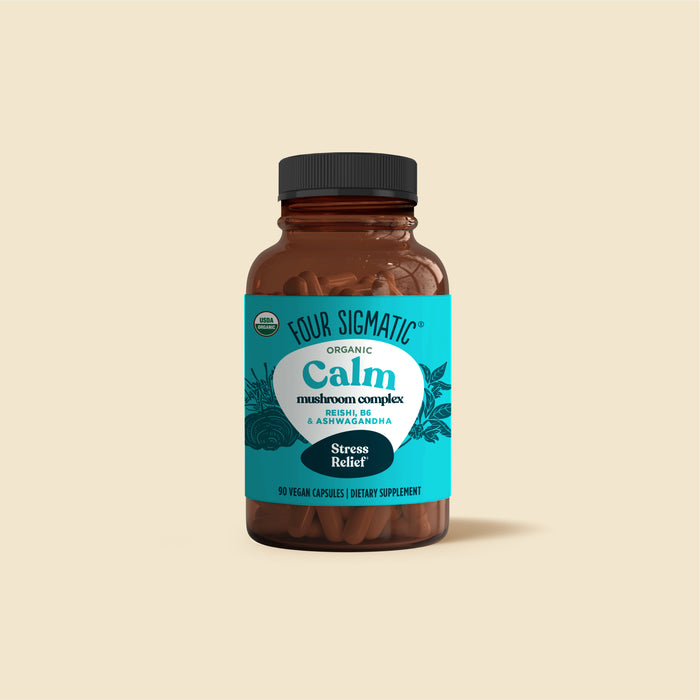
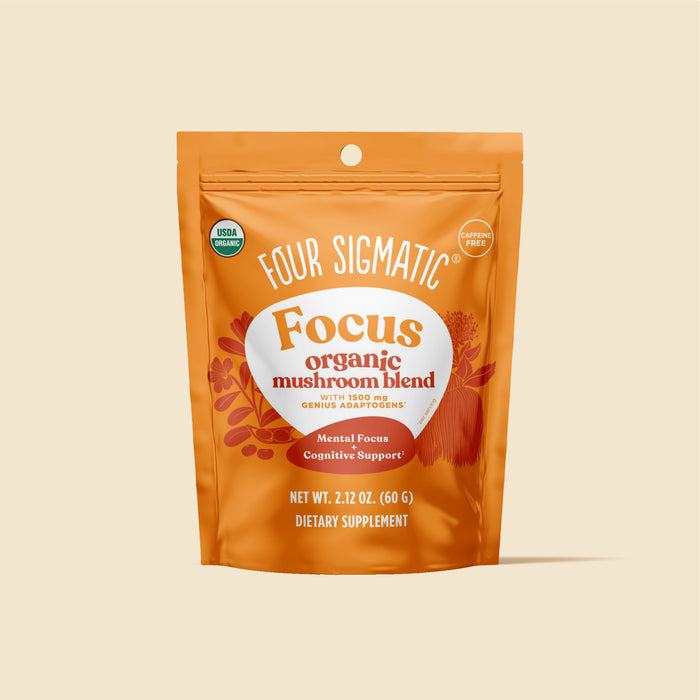
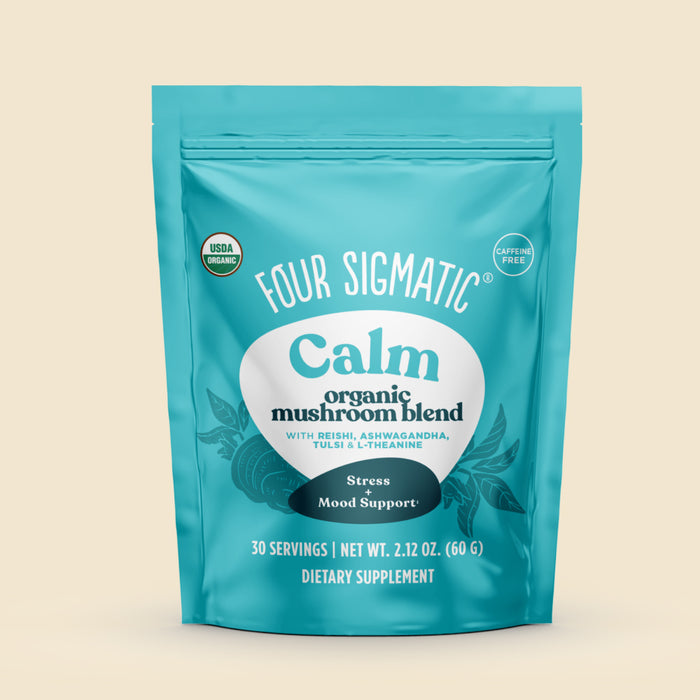

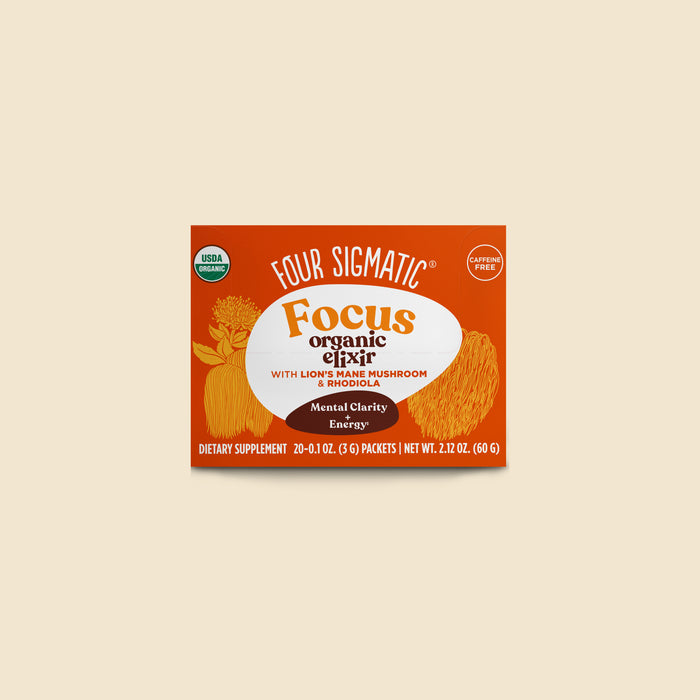
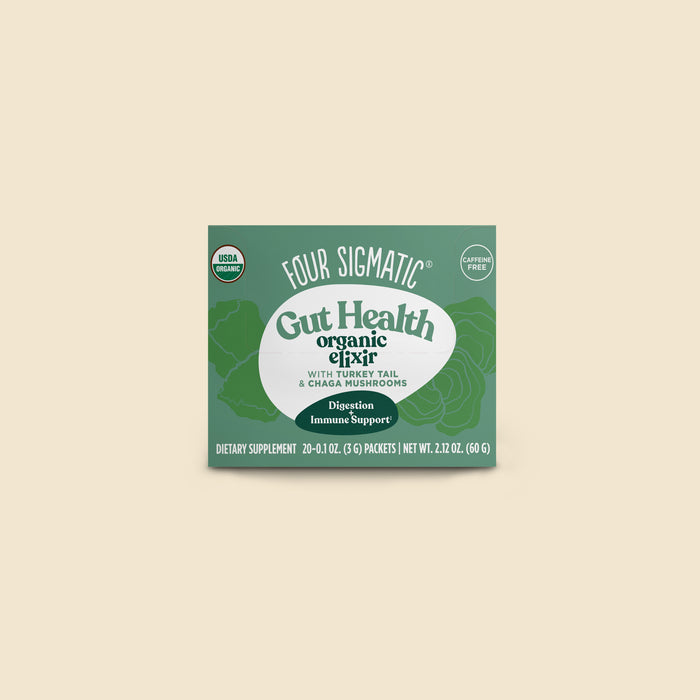
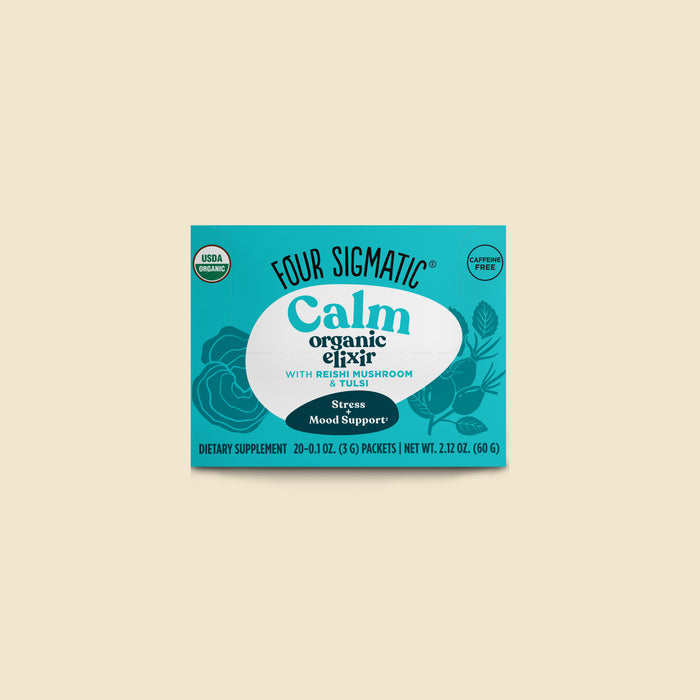


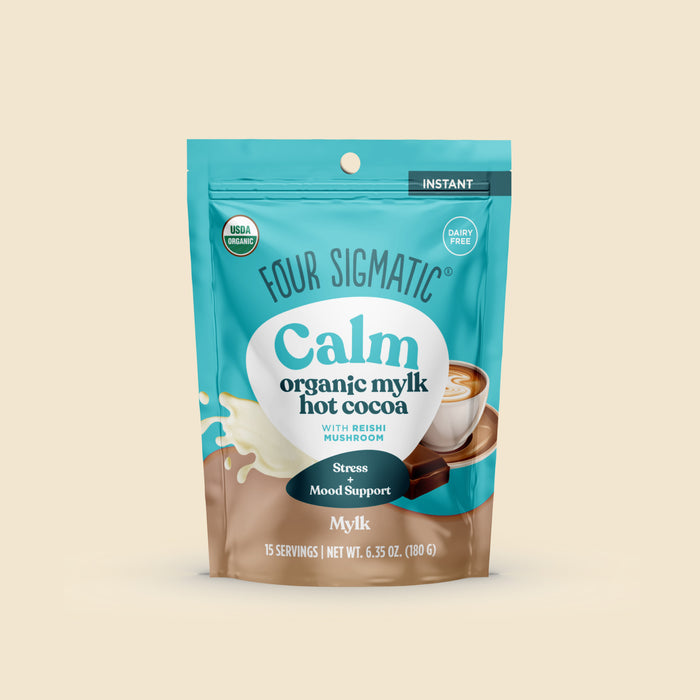

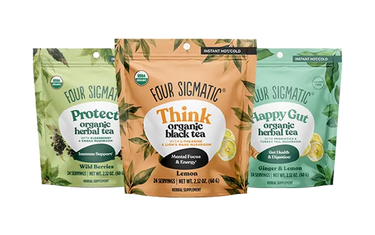 Instant Teas
Instant Teas
